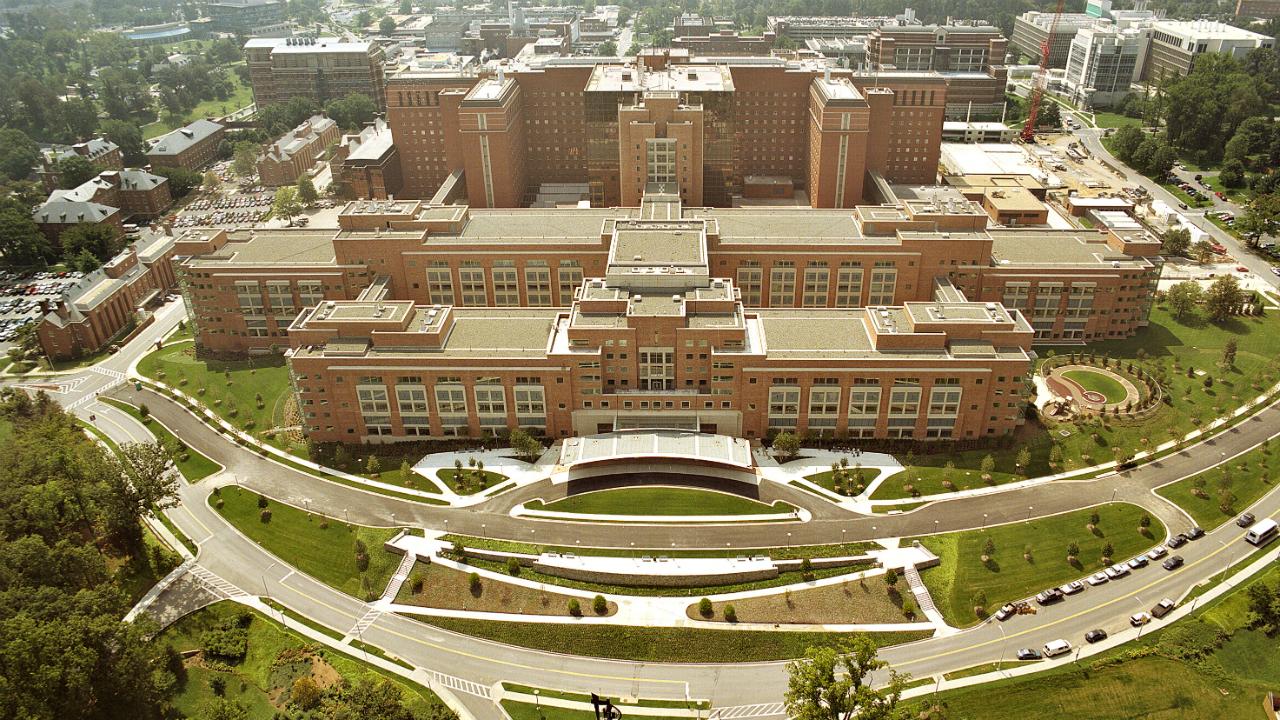
Next COVID-19 Relief Bill Should Fund NIH Research, Cardin and Van Hollen Urge
Maryland’s U.S. Sens. Ben Cardin and Chris Van Hollen joined a bipartisan coalition of their Senate colleagues Thursday in calling for $15.5 billion to be allocated for research at the Bethesda-based National Institutes of Health in the next federal COVID-19 relief package.
The pandemic has led to a $10 billion loss in biomedical research across the country, according to a congressional testimony from Dr. Francis Collins, the NIH’s director. And the senators said that 476,000 U.S. jobs and “an economic engine of over $81 billion” are in jeopardy due to this slowdown in research.
Cardin, Van Hollen and 21 of their peers from both sides of the political aisle signed a letter addressed to Senate Majority Leader Mitch McConnell, R-Kentucky, and Minority Leader Chuck Schumer, D-New York, that asks for funding to make up for these losses.
“A majority of our researchers have been unable to work while away from their labs and the impact will be felt for years to come,” the lawmakers wrote. “These disruptions will add a significant delay in our understanding of dangerous diseases as well as cutting-edge treatments to improve quality of life for those suffering from them.”
Senators are pushing for an additional $5.5 billion for “NIH-supported coronavirus-related research into cures, treatments and vaccines.”
The NIH and Dr. Anthony Fauci — director of the agency’s National Institute of Allergy and Infectious Diseases — have been prominent forces in the national response to COVID-19.
“Whether it’s treating and eradicating the COVID-19 pandemic or continuing groundbreaking research toward deadly diseases such as cancer, Alzheimer’s, heart disease, diabetes, and more, the NIH is at the forefront of improving and saving lives,” the senators wrote.
Congressional leaders have been negotiating a fourth virus relief bill for months. The Democratic-controlled House passed a $3.4 trillion stimulus package in May, but Senate Republicans are pushing a plan that’s a third of the cost.
President Donald Trump, attempting to circumvent unsuccessful negotiations between the White House and Democratic leaders, signed four executive actions Saturday for coronavirus relief. They were related to unemployment benefits, evictions, payroll tax deferrals and student loans.
Congress controls federal spending, so it’s unclear what effect these orders will have without the legislative branch’s backing.

Engage us on Facebook
Follow us on Twitter
Tweets by @mymcmedia